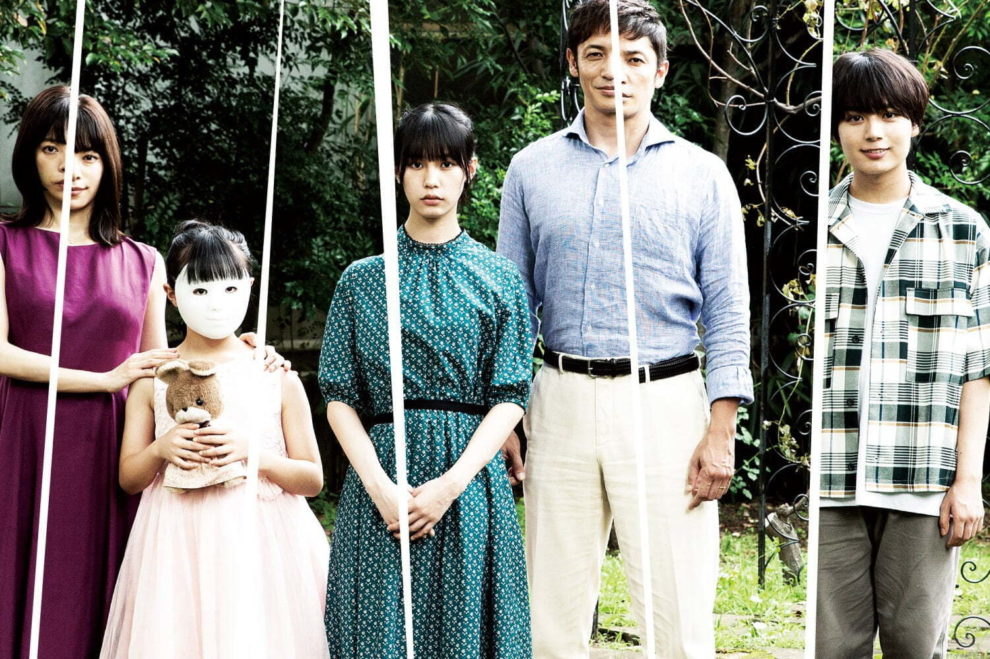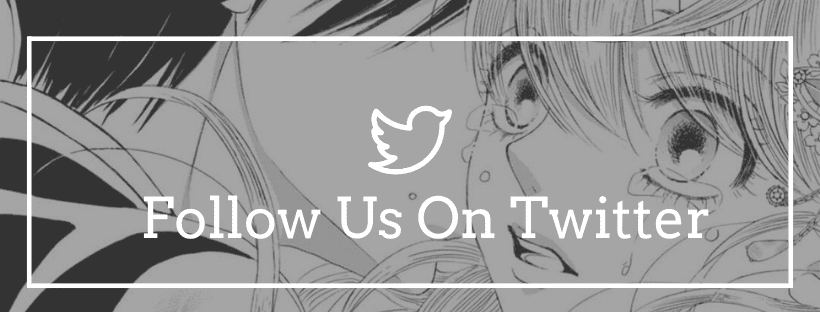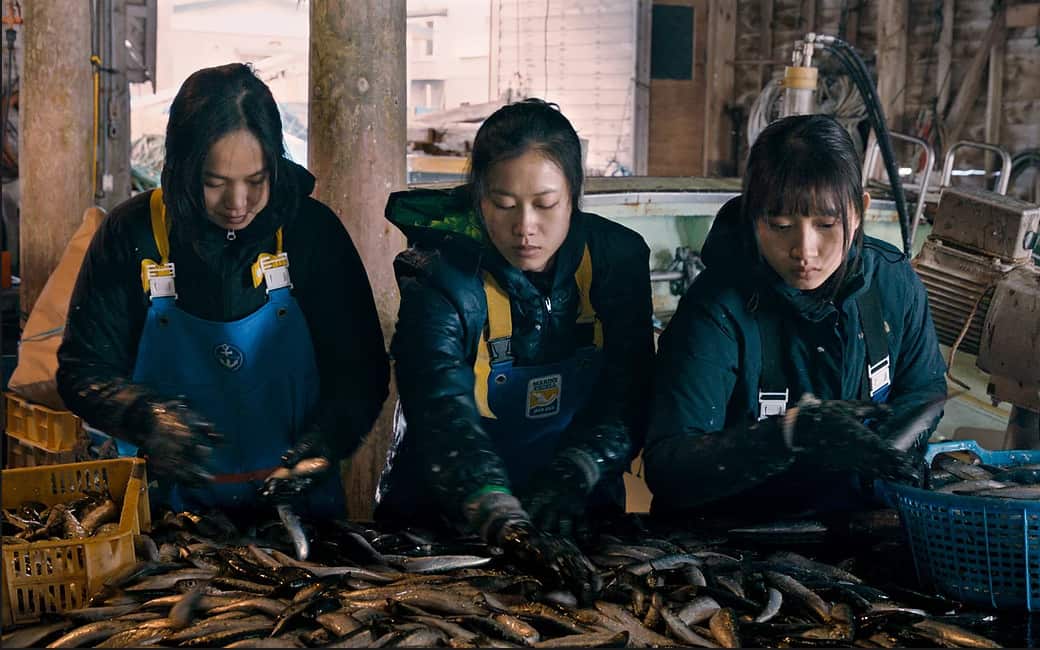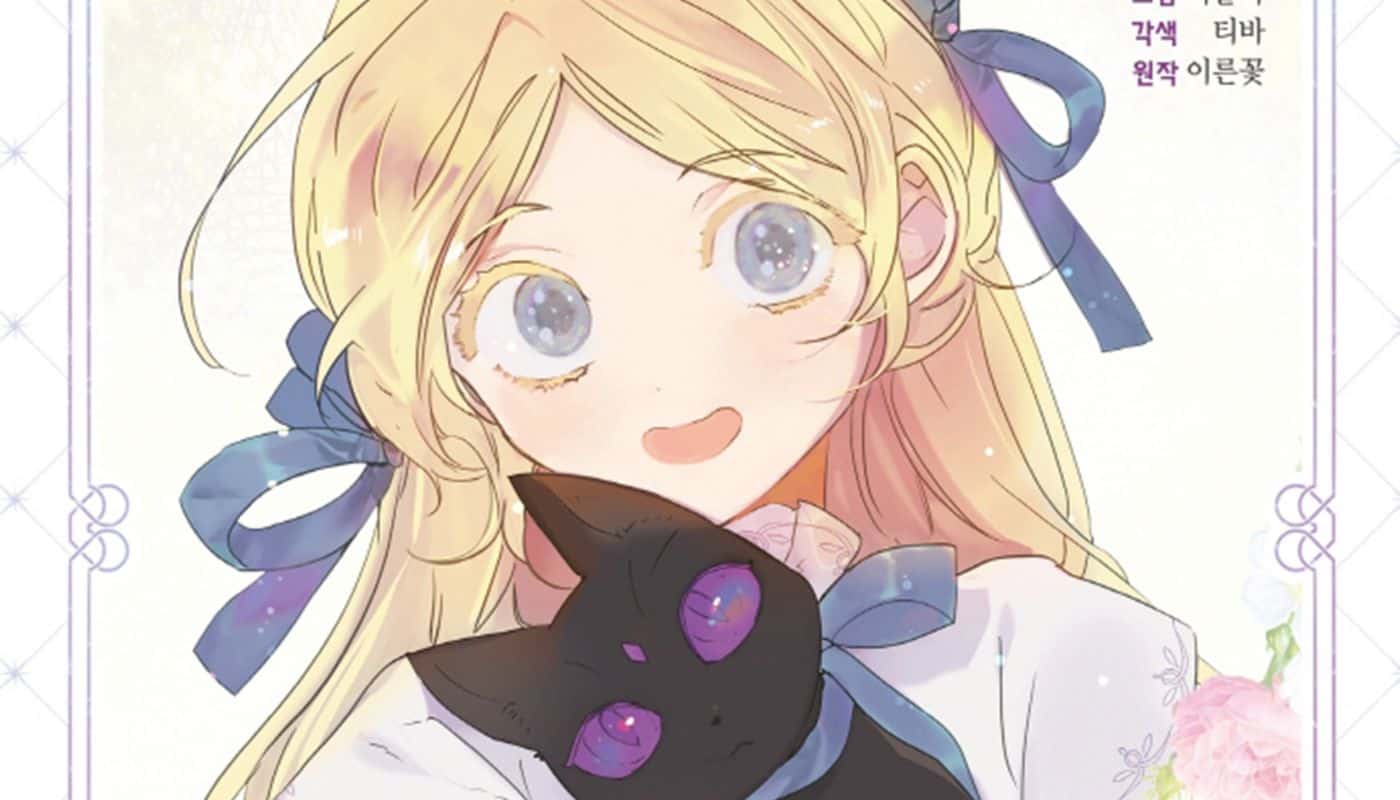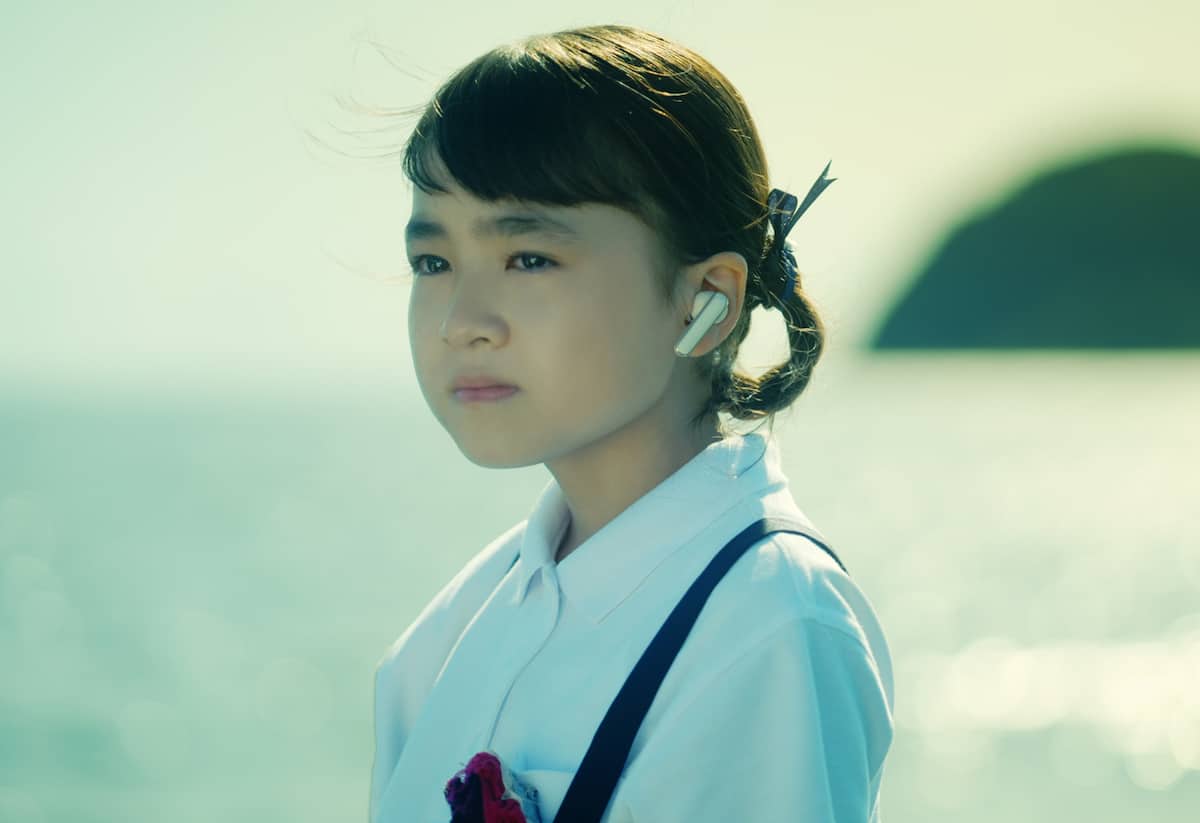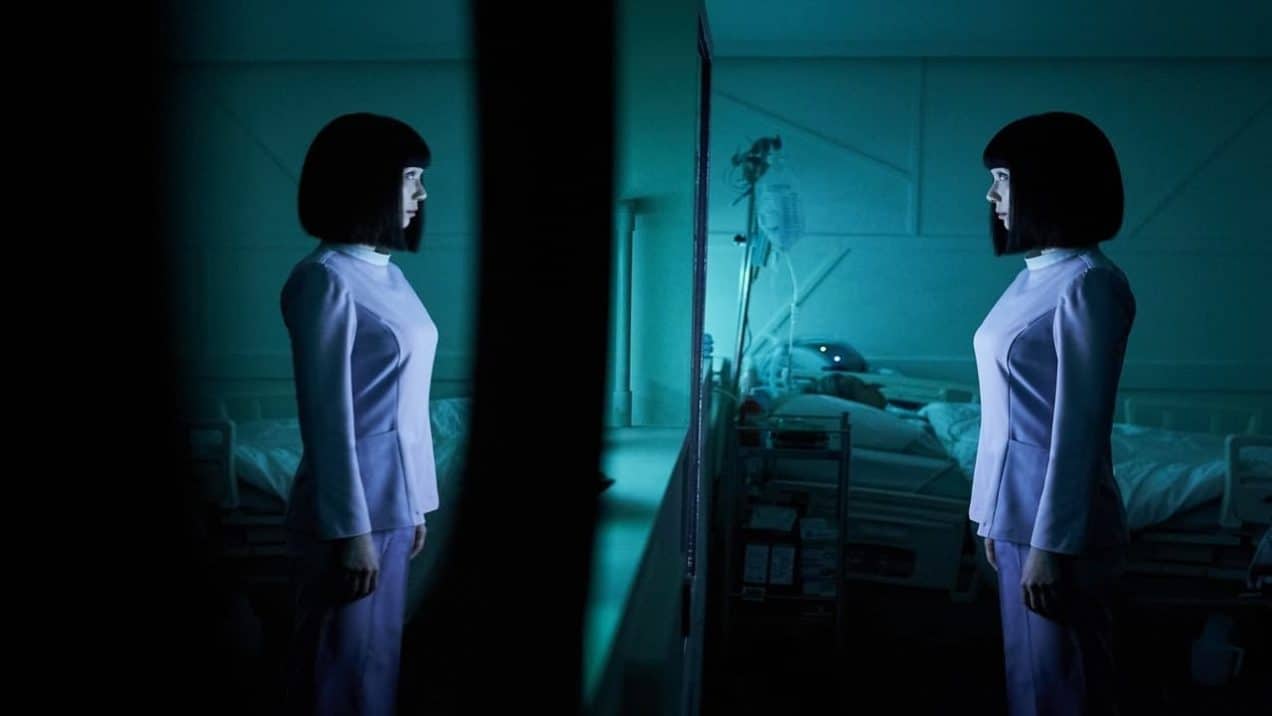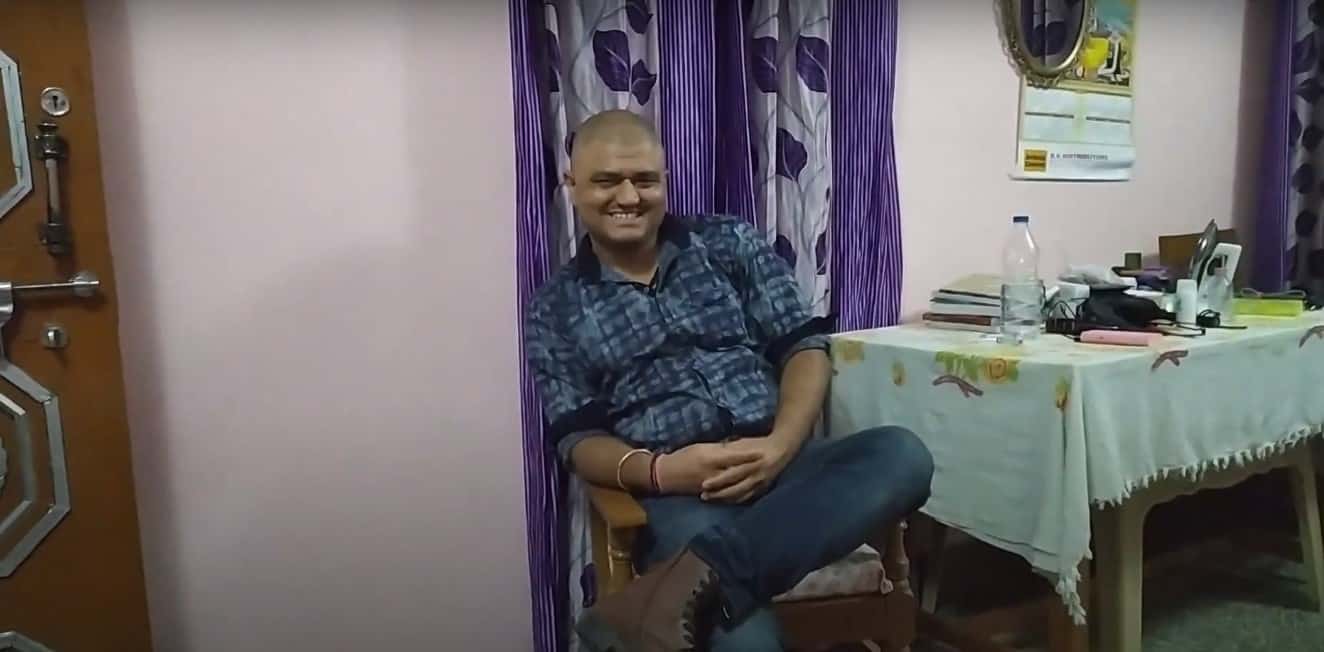Even though J-horror will probably never reach the heights it achieved during the “Ringu” era, the Japanese movie industry still continues to produce films of the genre, although in a much lesser frequency. Shoh Kataoka tries his hand in the category, through a film that doubles as a family drama, and definitely thrives on its atmosphere.
The Good Father is screening at Busan International Film Festival

5 years ago, during the summer, a family of 4 got into a car accident on their way back home from an amusement park. The mother, Mayuko Kubo, fell into a vegative state and has stayed in a psychiatrist facility from then on, the father, Shiro, a psychologist specializing in hypnotism, injured his leg, young sister Luna received a severe burn on her face that later on forced her to wear a mask all the time to hide the wounds, and elder sister Hana, suffered mostly psychologically, essentially having to pick up the pieces of her traumatized family. As the story begins, Shiro brings home Mayuko, informing the family that she is finally cured from the injuries of the accident. Hana, however, soon starts feeling uncomfortable around her. Furthermore, the presence of Jun Yotsui, a high school student whose mother suffers from a mental illness and he is researching the reasons for her state, complicates things even more as he tries to become friends with Hana, for his own reasons.
As mentioned in the prologue, the best aspect of the film is the atmosphere of disorientation, uncertainty and tension Kataoka creates, in a number of ways. The little girl always wearing a mask is the most obvious medium, but the fact that Hana soon starts feeling the person her father brought back is not her actual mother, the role of Jun and his connection with the events, as much as Shiro's enigmatic demeanor also add to this whole sense that something is wrong here. Furthermore, the way Kataoka gradually reveals more and more about what is happening, with each revelation also adding more questions, intensify this aspect, as much as the greyish tones of Yasushi Hanamura's cinematography, that also move into the same direction while creating a particularly claustrophobic sense inside the family house.
Lastly, the cryptic behavior of the father, the occasionally rather unusual behavior of the new mother, and the hints Jun leaves conclude the rather agonizing setting here, even if the last part, where all the revelations come together, ends up being somewhat far-fetched and not a worthy closure to the excellent build up until that moment.
The comments, on the other hand, are quite interesting, particularly regarding trauma and the different ways people find to cope with, what constitutes a family, the extremes mental manipulation can reach and the whole concept of identity, which takes a very unusual path here, concluding the rich context of the movie.
The acting is also on a relatively high level, particularly in the way it suits the general aesthetics of the movie. Hiroshi Tamaki as Shiro is convincing as the villain, but at times, his acting is somewhat excessive, something that also applies to Ryusei Onishi's Jun. Sara Minami as Kubo on the other hand, highlights her perplexing and eventual inner struggle nicely, while Yuki Sakurai as Mayuko gives a truly chilling performance, a feat that is quite impressive considering that this sense derives from how normal she appears.
Even though the ending and the whole conclusion could have been better, “The Good Father” emerges as a worthy psychological thriller that definitely deserves a watch for its overall atmosphere and its female protagonists' acting.


